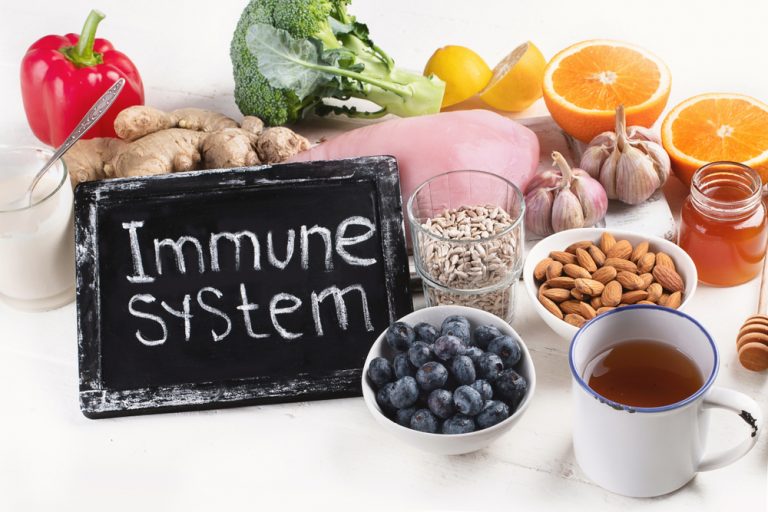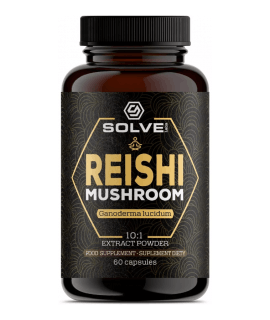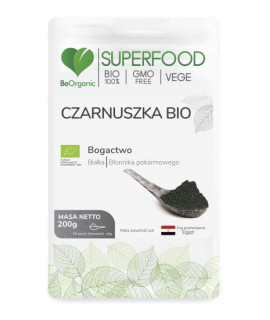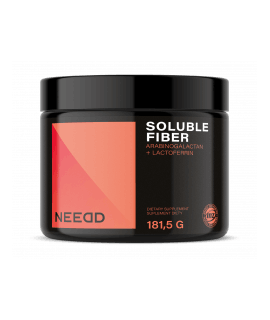It’s that time of year, when we feel a little run down, maybe have fought or fighting off a cold, or worse still suffering from the flu. The weather is cold and Spring is still some time off. Maybe we have put on a little weight after the Festive period and not had the inclination to exercise or diet it off. This time of year makes us want to stay indoors and stay warm and eat foods that are filling and warming. Nothing wrong with that, but it’s important to make sure your food is nutritious because this time of year, probably more than any other in the year we need to make sure our immune system is in tip top condition in order to fight off all the circulating viruses and infections.
Flu versus a cold
Many people think they have the flu when they have a bad cold. If you really have the flu then you know it. It completely floors you. According to the NHS (2019), flu symptoms come on quickly and can be severe, they include fever, chills, headaches and aching muscles, as well as a cough and sore throat. You are likely to have to stay in bed for a number of days, trust me (I’ve had flu), you simply cannot get out of bed. Even when the worst of it is over, you still don’t feel 100% for some time afterwards.
The flu is a virus. Viruses are subcellular particles that contain genetic information – either DNA or RNA, as well as viral proteins and enzymes. Viruses are not capable of independent life (as opposed to say bacteria, that are living cells). Viruses need to infect host cells in order to reproduce. The host cells in relation to humans are our living cells in the body. There are many different types of viruses, but if we look particularly at the flu virus, it essentially attaches itself to the surface of a host cell in the human respiratory tract, for example, where it then is able to infect the cell and release its contents inside. Once inside the host cell, the virus is able to divert the host cell ‘machinery’ towards producing its own DNA/RNA and other components such as viral proteins, such that the host cell becomes overrun with viral components that eventually bud from the surface of the infected cell to be distributed and go on to infect other host cells and the process begins again. This ongoing process eventually causes the host cell to die as the virus takes hold. This is when the infected person feels very unwell (The Open University, 2014). According to the Oxford Vaccine Group, it is believed that approx. 600 people a year in the UK die from complications associated with the flu (2019)
The immune response
Our bodies are amazing. In most instances the body’s immune response develops sufficiently quickly to control the viral infection and we recover. When infected cells begin to die the infected organ initiates inflammation, a process that brings white (immune) cells and other molecules of the immune system to the site of infection. This galvanising of the immune response sees the infection spread being limited, infected cells undergoing controlled cell death initiated by the immune cells and a clearing up afterwards of the debris.
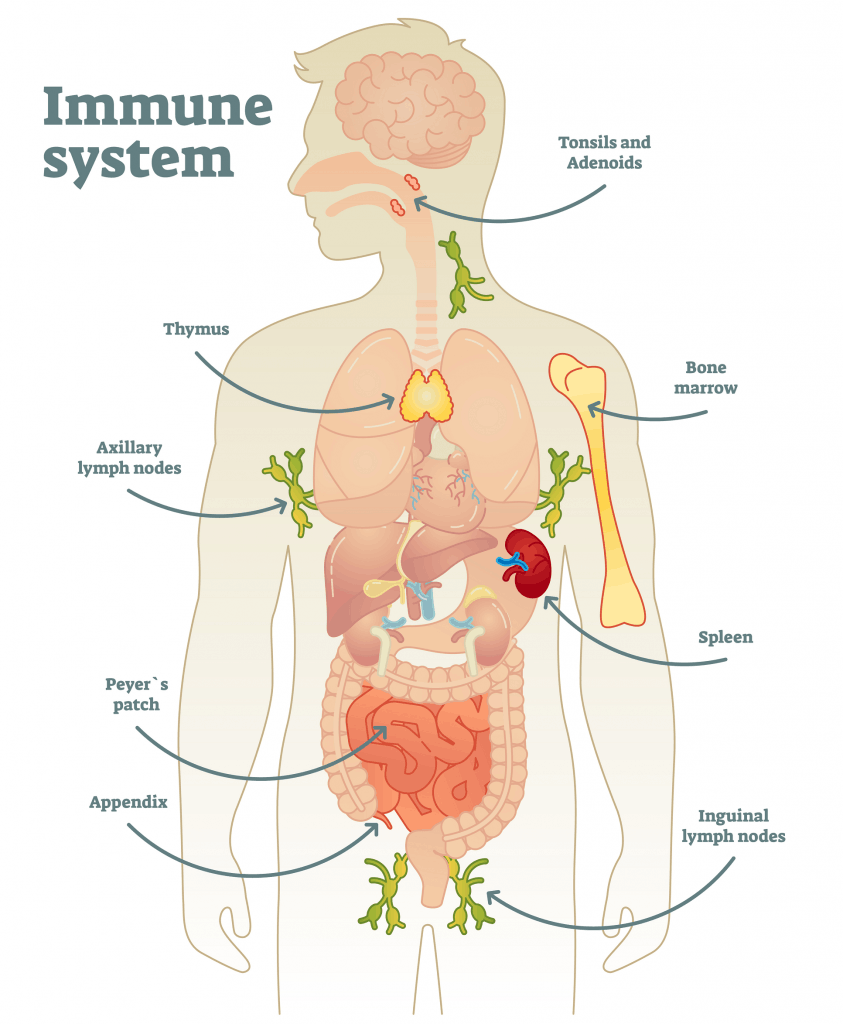
The immune response can take up to a few days to respond to a viral infection, this is because our body is trying to locate the correct immune cell that fits the particular virus. We have this amazing store of immune cells that have unique configurations that are developed at birth, that are able in most cases to lock onto a viral protein that infected cells present at their cell surface. Once this lock and key is found the body sends out further signals to the rest of the immune system to replicate the correct immune cell. This so called adaptive immune response sees a rapid build-up of immune cells that lock on to viral infected cells, that then signals to other immune cells to destroy them (The Open University, 2006).
The flu vaccine (and many other vaccines), works by priming the immune system with a non-active pathogen so that it synthesises immune cells if a person contracts the virus, that can quickly attack an infected cell thus preventing the disease to develop. What is key with the flu vaccine is that it is developed to target a specific strain, if a different strain develops then that person receiving the vaccine will not be protected.
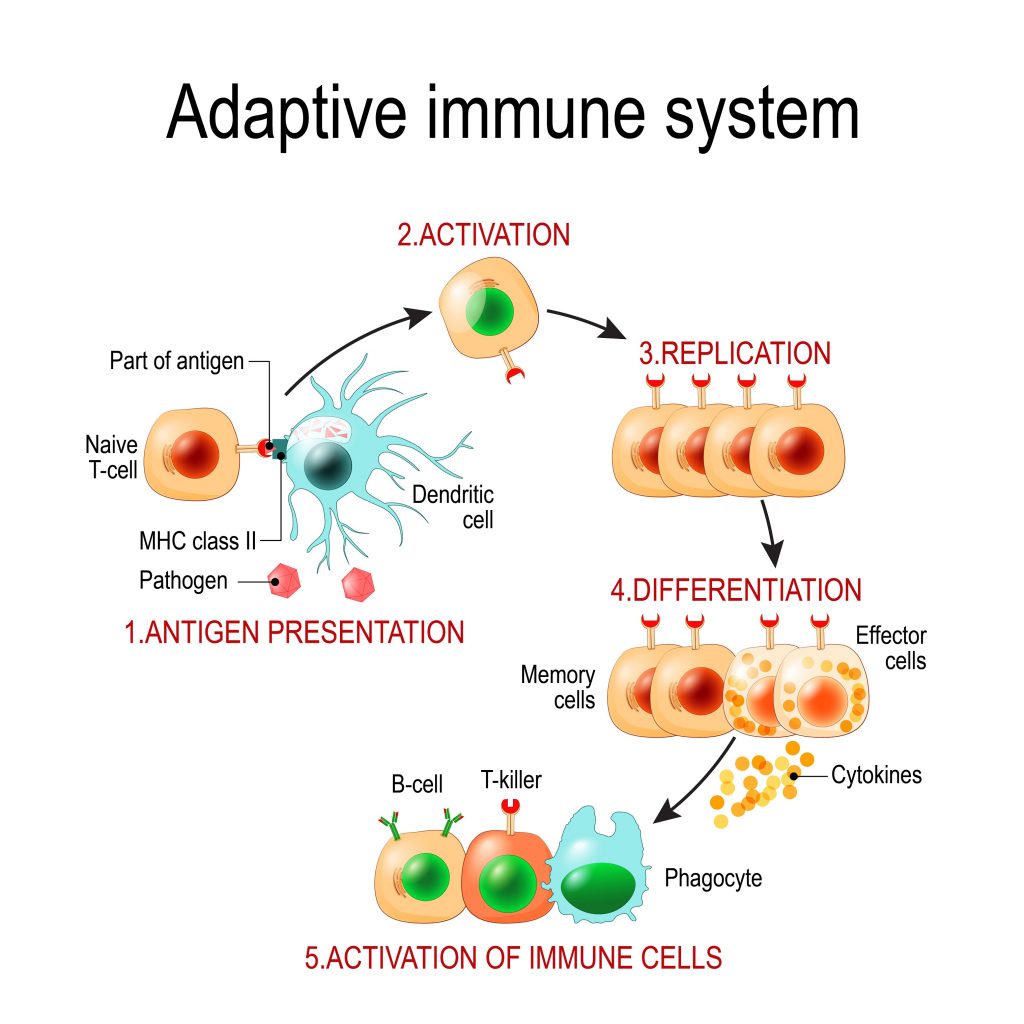
Vulnerable people
Most healthy young adults will be able to fight off a viral infection caused by flu or a cold, but there are vulnerable people in society who are less able to. These include the elderly and very young and anybody with a compromised immune system. In these cases, it’s important to have the flu vaccine if possible every year. According to the NHS (2019), there are also other ways to help to protect yourself from catching a virus whether you be a healthy individual or a vulnerable one, these include:
- Washing hands with warm soapy water regularly and particularly after touching anything that other people have touched
- Keep your hands away from your mouth
- If you have a cough, then cough into the crook of the elbow
- Do not cough into the open air
- Use disposable tissues after blowing your nose and dispose of every used tissue
- If you are feeling unwell, stay at home and check your temperature, and take paracetamol. If the symptoms develop you may want to consul a health professional for advice. Stay away from vulnerable people
- Drink plenty of water
How does diet and nutrition help the immune system
When you are suffering from an infection, sometimes the last thing you want to do is eat, however it’s important to keep up your strength and to drink plenty of fluids. But it’s good to make sure you are eating properly in general, before you even catch any infections. The immune system is our first line of defence for any infection and hopefully yours will be fit enough to fight off the latest cold or flu bug. A healthy balanced diet containing all the macro and micronutrients is always highly recommended for good health, and as the immune system is complex and multi-faceted and little research done into specific nutrients to support it, it’s difficult to pin point exact nutrients that work specifically on it, but I have mentioned below some key nutrient considerations to support our immune system and help us recover from illness.
Protein
Protein is the main building block of life. It’s required for many cells and functions in the body, and whilst our muscles are natural protein stores, we do not want them to be compromised if our daily protein needs are not met through our diet, its therefore import to make sure you are consuming enough protein. When it comes to the immune system, our immune cells themselves require protein in order to be synthesised, but protein is also needed for repair to damaged cells and the make new cells.
After an infection our body will be busy repairing itself, so eating a sufficient amount of protein on a daily basis is necessary. Normally we need about 0.8-1.0 g/ kg of body weight of protein on a daily basis. So for someone who weighs 70kg their daily requirement for protein is approx. 56 – 70 g (a small chicken breast contains about 30 g protein). However, when we are recovering from illness or
injury our protein needs increase, especially if we are elderly or have a longer term illness. According to a review of research literature by Dear and Volpi (2018), there has not been a lot of research into protein needs during and after illness, but they identified that there is some evidence to suggest a slight increase to say 1.2 g kg/body weight for mild to moderate illness, and for critically ill people up to 1.5 g/kg body weight.
Good sources of protein include, turkey, chicken, red meat, fish, as well as plant sources such as beans, tofu and other soya products, wholegrains, nuts & seeds.
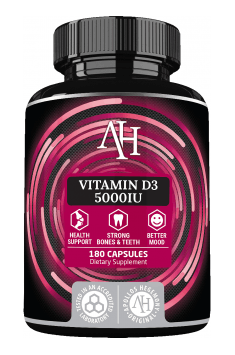
Vitamin D
During the Autumn and Winter months it is easy for us to become deficient in vitamin D, this is because we make most of our vitamin D when sunlight hits the skin. It is recommended by Public Health England (2016) that we take a vitamin D supplement September to February of 10 micrograms/ day. A study published in 2010 in Nature Immunology by von Essen, Kongsbak, Schjerling, et al. indicated that vitamin D was involved in the activation of T-cells of the immune system and therefore primed these immune cells to fight infections. There is limited research in this area, so more is required to support these findings, however vitamin D is important for other bodily functions including absorption of calcium, so deficiency overall is not a healthy state.
Best source of vitamin D is via sunlight, but apart from supplementation, good dietary sources include, fish, cheese, eggs, fortified cereals, margarine and soya milk.
Other vitamins and minerals
There is some evidence to suggest a deficiency in some nutrients can impair our immune response; minerals such as zinc, selenium, iron, copper and folic acid as well as vitamins A, B6, C and E. Zinc for example has a role in expression and immune cell development, as well as being an antioxidant helping in repair cells after oxidisation (Shankar and Prasad, 1998). Vitamin C helps with healing as well as increasing iron absorption which is require for oxygen transportation.
Carbohydrates
Carbohydrates such as fruit and vegetables, and wholegrains are important for their energy giving attributes and when you are recovering from illness, it’s necessary to consume these macronutrients to provide energy for the body to repair and re-build. Consuming wholegrains is beneficial to the body as they also add fibre to the diet, which help promote a healthy gut. But fibre is also a nutrient for our gut bacteria in the form of prebiotics. Our gut bacteria play a role in our immune system and there is more evidence to suggest that probiotics (healthy gut bacteria) stimulate the immune system and various signalling molecules. They also help with supressing pathogenic bacteria in the gut so potentially reducing risk if gastric illness (Maldonado Galdeano et al., 2019). Whilst this emerging research is interesting, more is needed to investigate the role of probiotics in supporting the immune system.
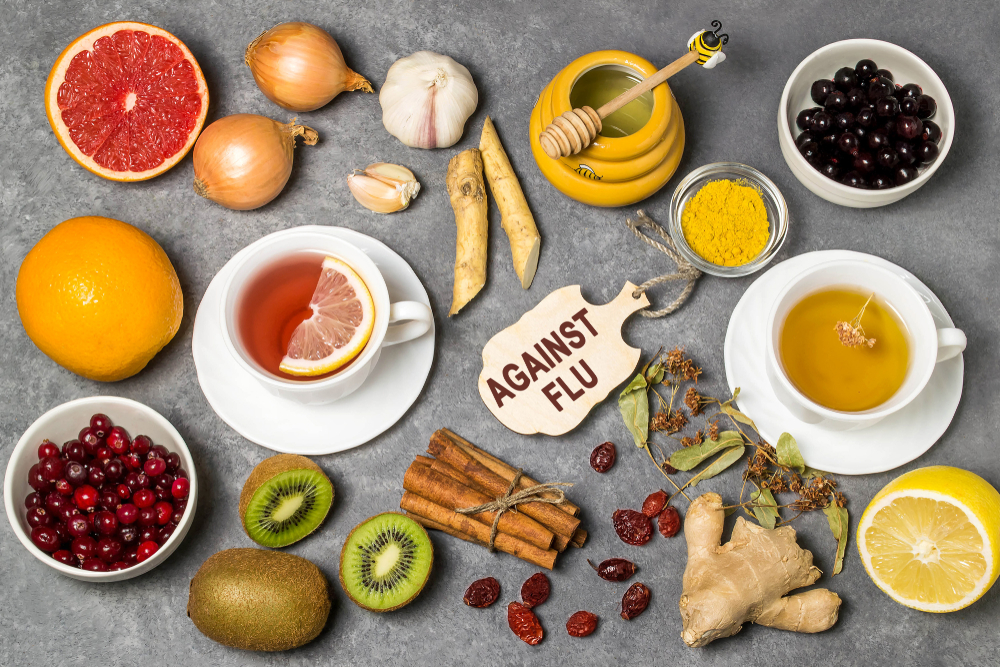
Conclusions
The immune system is complex and amazing, but we should make sure we consume a healthy well balanced diet to support its function. There is some evidence to suggest certain nutrients may play a role in enhancing or supporting its function, but more research is needed. During the so called flu season of the Autumn and Winter months we can follow the advice of the NHS to try to reduce our risk of catching any infections and spreading them if we do.
References
